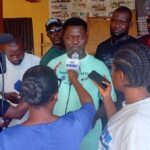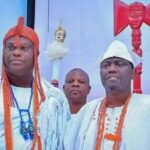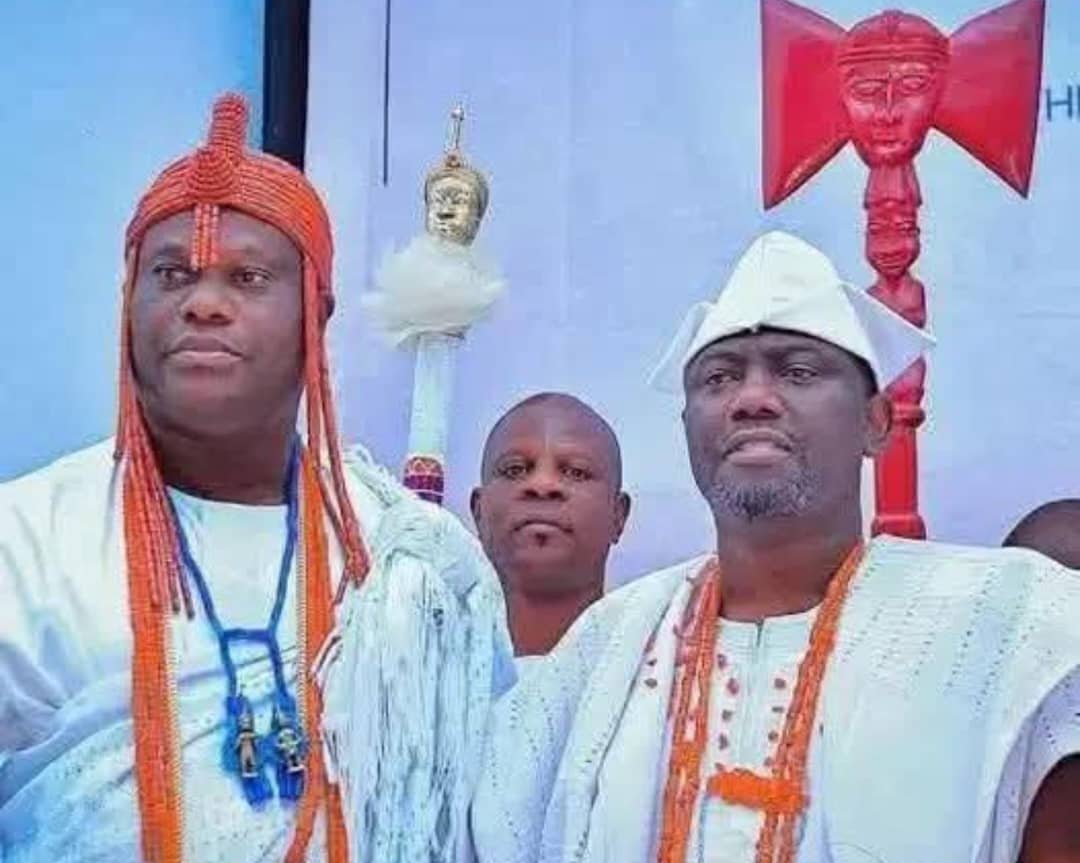
By Olabisi Ajíbóyè-Ṣọ́gigùn
Ìṣẹ̀ṣè Day, celebrated annually on August 20, has become an emblem of identity for the Yorùbá people and other traditionalists across Nigeria and the diaspora. It is a day set aside to honor the deities, ancestors, and indigenous cultural values that shaped the civilization of the Yorùbá nation.
However, the celebration of Ìṣẹ̀ṣè Day in 2025 also raises serious concerns: while the festival reminds us of our rich heritage, it also highlights the growing neglect of Yorùbá cultural practices and the alarming rate of language abandonment among younger generations.
The Yorùbá are one of the largest ethnic groups in Africa, renowned for their complex religious systems, philosophy, music, proverbs, festivals, and literature. From Ifá divination to Egúngún masquerades, from the Ìjálá chants of hunters to the Ìròkè Ifá verses of priests, the culture is layered with knowledge and aesthetics that have survived centuries.
Yet, globalization, colonization, religious changes, and modern aspirations have pushed much of this heritage to the margins. Instead of seeing culture as the root of identity, many perceive it as an outdated practice. The result is a visible cultural erosion, where Ìṣẹ̀ṣè is celebrated only once a year, while westernized ideals dominate everyday life.
One of the most critical areas of this neglect is language abandonment. Language is the lifeblood of culture; without it, traditions, philosophies, and values lose their originality. The Yorùbá language, once the vehicle of proverbs, folktales, and ancestral wisdom, is fast disappearing from homes and schools. Parents now prefer to raise their children in English, believing it to be a marker of education and success.
Consequently, many young Yorùbá cannot construct a full sentence in their mother tongue, nor can they recite the proverbs that once carried moral lessons. This trend weakens not only linguistic continuity but also cultural pride, because to abandon language is to sever the cord that connects one to identity.
Ìṣẹ̀ṣè Day 2025 should, therefore, not be seen merely as a festival of rituals and costumes, but as a wake-up call for cultural revival. It is an opportunity to reflect on how much has been lost and to renew efforts to protect what remains.
Cultural groups, schools, religious associations, and government institutions must play active roles in restoring dignity to Yorùbá heritage. Festivals like Ìṣẹ̀ṣè should not end in parades but extend into policies—teaching Yorùbá language compulsorily in schools, funding research in indigenous knowledge systems, and encouraging parents to speak the language at home.
Furthermore, Yorùbá intellectuals, writers, musicians, and artists have a duty to re-present culture in creative forms that resonate with modern audiences. Nollywood, Afrobeats, and digital platforms can become vehicles for promoting proverbs, folklore, and indigenous spirituality in ways that young people can embrace with pride. Just as other world civilizations like the Japanese, Chinese, or Indians modernize without abandoning their languages and traditions, Yorùbá people too must prove that progress is not synonymous with cultural erasure.
In conclusion, Ìṣẹ̀ṣè Day 2025 symbolizes both celebration and caution. It reminds us of the greatness of Yorùbá heritage, yet warns of the dangers of forgetting our roots. A people who abandon their culture and language become strangers to themselves.
Therefore, to honor the ancestors truly, Yorùbá people must go beyond the yearly festival—reviving the language, teaching the customs, and living the values daily. Only then can Ìṣẹ̀ṣè transcend remembrance and become a vibrant force for the survival of a proud civilization.
Olabisi Ajíbóyè-Ṣọ́gigùn
Vice Chairman,
Association of Nigeria Authors,
Ondo State Chapter.










